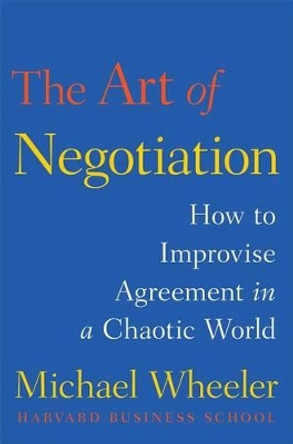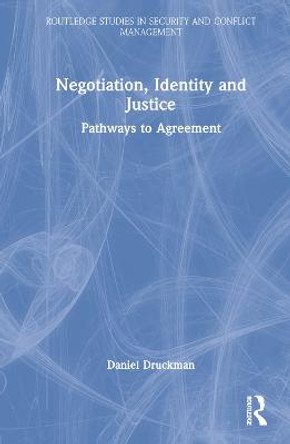Description
Why do some attempts to conclude alliance treaties end in failure? From the inability of European powers to form an alliance that would stop Hitler in the 1930s, to the present inability of Ukraine to join NATO, states frequently attempt but fail to form alliance treaties. In Arguing about Alliances, Paul Poast sheds new light on the purpose of alliance treaties by recognizing that such treaties come from negotiations, and that negotiations can end in failure.
In a book that bridges Stephen Walt's Origins of Alliance and Glenn Snyder's Alliance Politics, two classic works on alliances, Poast identifies two conditions that result in non-agreement: major incompatibilities in the internal war plans of the participants, and attractive alternatives to a negotiated agreement for various parties to the negotiations. As a result, Arguing about Alliances focuses on a group of states largely ignored by scholars: states that have attempted to form alliance treaties but failed. Poast suggests that to explain the outcomes of negotiations, specifically how they can end without agreement, we must pay particular attention to the wartime planning and coordinating functions of alliance treaties. Through his exploration of the outcomes of negotiations from European alliance negotiations between 1815 and 1945, Poast offers a typology of alliance treaty negotiations and establishes what conditions are most likely to stymie the attempt to formalize recognition of common national interests.
About the Author
Paul Poast is Associate Professor in the Department of Political Science at the University of Chicago. He is author of The Economics of War and co-author of Organizing Democracy. Follow him on X @ProfPaulPoast.
Reviews
There are plenty of studies of how countries negotiate military alliances. Arguing about Alliances is unique in that it examines failed negotiations and alliances that were not formed.
* Choice *This significant addition to existing theories on alliance formation. Poast's theory is plausible, his data and coding reasonable, and his selection of cases complements his quantitative analysis while offering interesting historical color to readers.
* Routledge Abes Administrator *Arguing about Alliances is a smart reimagining of a central problem in international relations-the origin of alliances. This book is not only an important theoretical and empirical contribution to the alliance and broader IR literature; it is also an example of how to conduct and communicate exhaustive, multimethod social science research.
* Defense Studies *This book is a notable and valuable contribution to the study of alliances.
* International Studies Review *Poast argues that those two conditions are "major incompatibilities in the internal war plans of the participants and attractive alternatives to a negotiated agreement for various parties to the negotiations".
* Communication Booknotes Quarterly *Awards
Winner of Joseph S. Lepgold Book Prize 2020 (United States).
Book Information
ISBN 9781501740244
Author Paul Poast
Format Hardback
Page Count 258
Imprint Cornell University Press
Publisher Cornell University Press
Weight(grams) 907g
Dimensions(mm) 229mm * 152mm * 25mm







